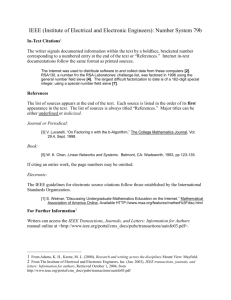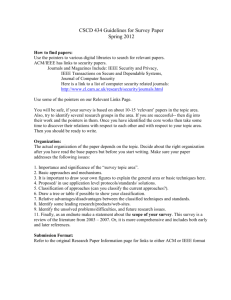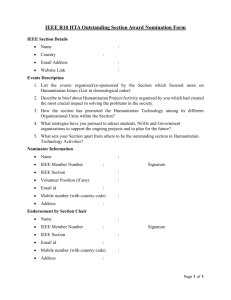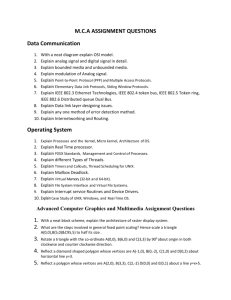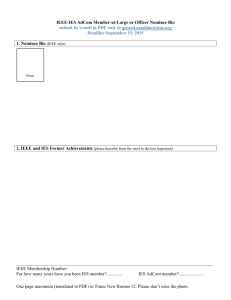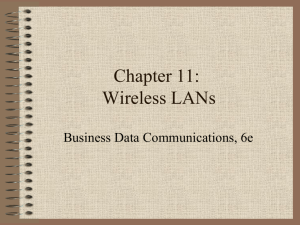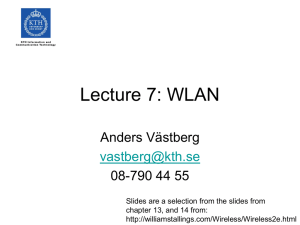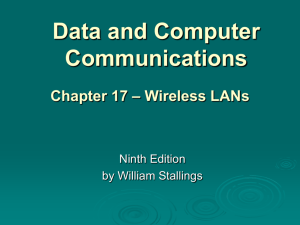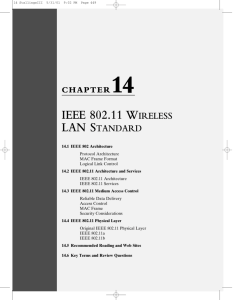IEEE Standards Board approves new project for Higher Data Rate
advertisement
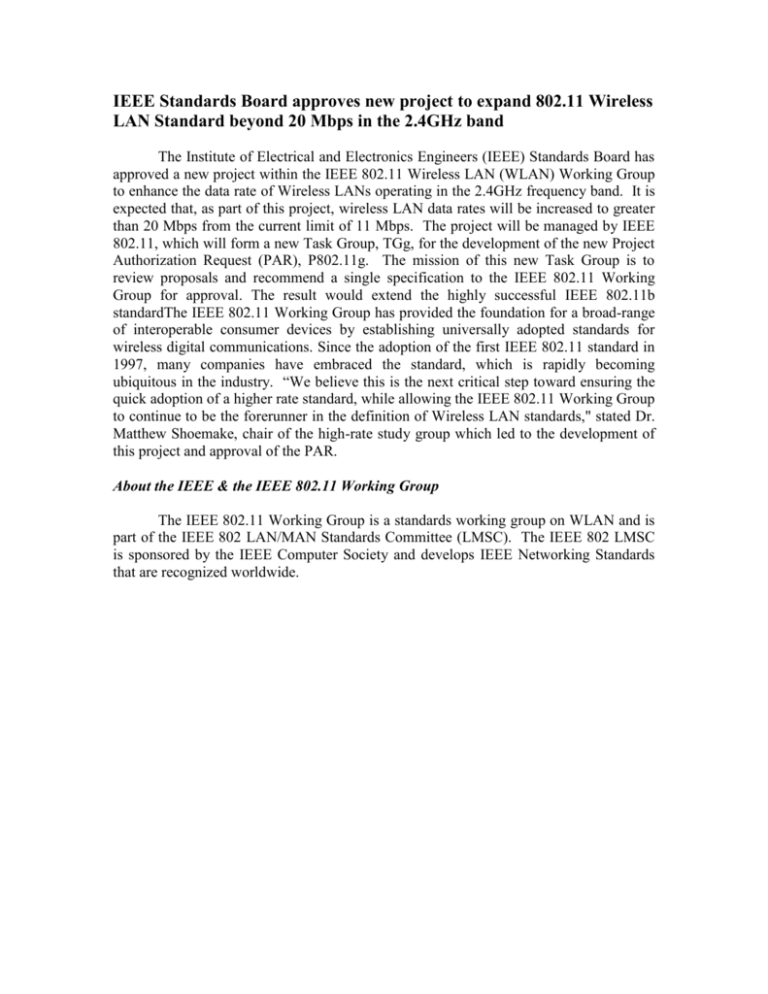
IEEE Standards Board approves new project to expand 802.11 Wireless LAN Standard beyond 20 Mbps in the 2.4GHz band The Institute of Electrical and Electronics Engineers (IEEE) Standards Board has approved a new project within the IEEE 802.11 Wireless LAN (WLAN) Working Group to enhance the data rate of Wireless LANs operating in the 2.4GHz frequency band. It is expected that, as part of this project, wireless LAN data rates will be increased to greater than 20 Mbps from the current limit of 11 Mbps. The project will be managed by IEEE 802.11, which will form a new Task Group, TGg, for the development of the new Project Authorization Request (PAR), P802.11g. The mission of this new Task Group is to review proposals and recommend a single specification to the IEEE 802.11 Working Group for approval. The result would extend the highly successful IEEE 802.11b standardThe IEEE 802.11 Working Group has provided the foundation for a broad-range of interoperable consumer devices by establishing universally adopted standards for wireless digital communications. Since the adoption of the first IEEE 802.11 standard in 1997, many companies have embraced the standard, which is rapidly becoming ubiquitous in the industry. “We believe this is the next critical step toward ensuring the quick adoption of a higher rate standard, while allowing the IEEE 802.11 Working Group to continue to be the forerunner in the definition of Wireless LAN standards," stated Dr. Matthew Shoemake, chair of the high-rate study group which led to the development of this project and approval of the PAR. About the IEEE & the IEEE 802.11 Working Group The IEEE 802.11 Working Group is a standards working group on WLAN and is part of the IEEE 802 LAN/MAN Standards Committee (LMSC). The IEEE 802 LMSC is sponsored by the IEEE Computer Society and develops IEEE Networking Standards that are recognized worldwide.

